In a hearing with Australia's Standing Committee on Infrastructure and Communications on Friday, Apple attempted to reconcile the huge price gap between digital goods sold in the country and those sold in the U.S., saying that the blame ultimately falls on content owners.
The Australian Parliamentary inquiry, which included executives from Microsoft and Adobe, was called to address alleged "price gouging" practices by the three companies. As noted by The Sydney Morning Herald, Aussie customers see software and digital content costs sometimes inflated by over 70 percent compared to U.S. pricing.
While targeting Microsoft and Adobe for the companies' software offerings, Apple was singled out for "gouging" the public with marked up movies and music. In response, Apple's Vice President for Australia, New Zealand and South Asia Tony King said content owners demand higher prices in Australia than in other countries like the U.S.
"The pricing of this digital content is based on the wholesale prices which are set through negotiated contracts with the record labels, movie studios and TV networks," King said. "The content industry still runs with perhaps old-fashioned notions of country borders or territories or markets."
He went on to say that Apple's prices as seen in iTunes are comparable to other Australian outlets, suggesting the company wasn't taking advantage of its customers. King noted that Apple has been pushing to lower costs for consumers as it "creates confusion for customers."
As for Microsoft, Australian managing director Pip Marlow said "customers will vote with their wallets," indicating that if the company sets too high a price, sales will suffer. Adobe's Paul Robson was also brought to task over the nearly 75 percent markup for the Adobe CS6 Design and Web Premium Suite, which costs AU$3,175 compared to $1,899 in America.
 AppleInsider Staff
AppleInsider Staff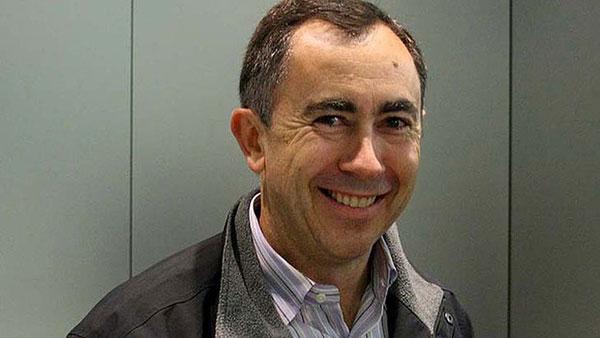
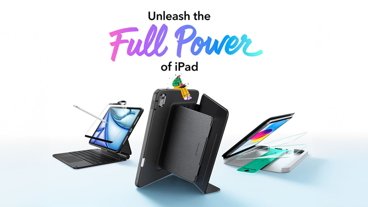
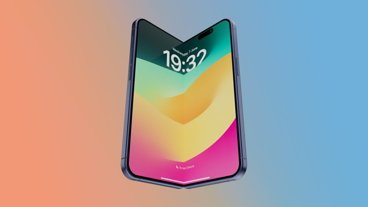
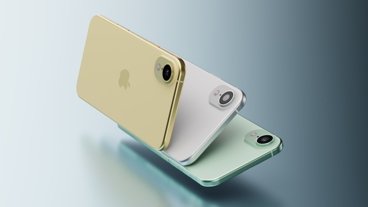

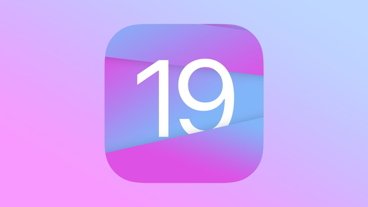


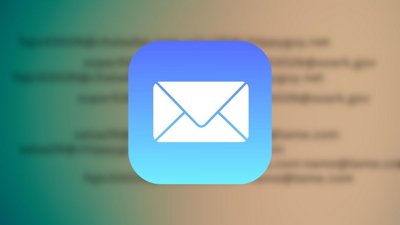
 Marko Zivkovic
Marko Zivkovic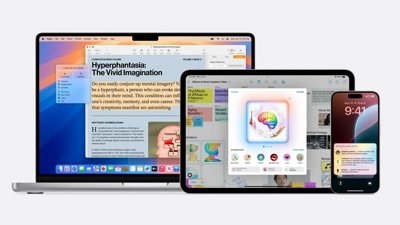
 Malcolm Owen
Malcolm Owen
 Andrew O'Hara
Andrew O'Hara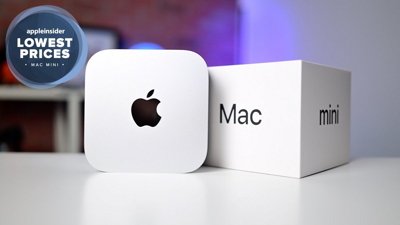
 Christine McKee
Christine McKee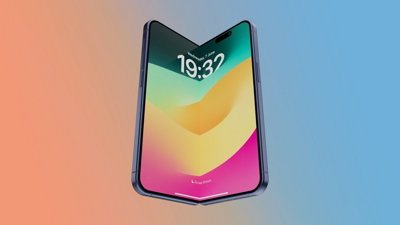

 Amber Neely
Amber Neely
 Andrew Orr
Andrew Orr
 William Gallagher
William Gallagher








48 Comments
Vote with their wallets?! How exactly can we do that? Not use a computer? Pathetic... Australians are being gouged when it comes to technology. As for Apple, prices here are out of control, especially when it comes to iTunes. For example, a season of The Walking Dead costs 50 cents more per episode and $7 more person season. An album costs 90 cents more per song and $6 more for an album. Why? It's a digital file. Our dollar is better than the US. There's no reason for it. It may not seem like much, but it adds up after many downloads. The amount of people I know who refuses to use iTunes due to the price difference is huge. They seem to avoid the issue.
With regards to content I'd say that Apple has a point. They take a cut and the providers set the price. But the markup on their hardware is inexcusable.
The Australian government should amend their own legislation. They have been allowing copyright to be used to restrict importing of products and allowing monopoly distributorships. To blame Apple is disingenuous.
In the 19th century, Australian booksellers could import books from anywhere. As a result, they got the best prices and best value for money. However, British colonial publishers pushed through a law that effectively required booksellers to buy directly from British publishers and no one else. In other words, an import monopoly was established.
This system had nothing to do with protecting Australian culture. It was for the protection of the profits of foreign publishers. To this day, foreign publishers are the main beneficiaries of this archaic import monopoly law. Only one-third of books sold here are Australian, yet all the publishers, foreign and local, hide behind Australian authors, who are sent out to defend the system.
Since 1989 there have been numerous independent professional studies by our top official agencies. All have concluded that on average our book prices are higher, often a great deal higher, than overseas.
The latest Productivity Commission report puts the matter beyond any doubt. Regarding ''like'' editions of books - that is, identical books - Australia's prices are on average 35 per cent more expensive than ''like'' editions in the US, even after taking into account GST. In many cases, the price differences were greater than 50 per cent.
Regarding the ''cheapest books'' that are available (even if their format may be different), the gap is even higher between Australian prices and those elsewhere. The recommended retail price of the cheapest Australian edition was on average 13 per cent higher than the recommended retail price of the cheapest edition of the title in Britain. It was 50 per cent higher on a recommended retail price basis than the cheapest edition of the titles in the US.
The studies confirm what we have all seen when overseas and known for years: Australians pay through the nose for books due to import restrictions. Let me give you a specific example: Dan Brown's The Lost Symbol has an Australian recommended retail price of $49.95, more than 50 per cent higher than the British recommended retail price of $33 and more than 50 per cent higher than the US recommended retail price of $32.87. The cause of these price differences is the import monopoly. If it was removed there would be a price fall, as there was after the 1998 CD reforms.
Read more: http://www.smh.com.au/business/author-arguments-cant-hide-this-fact-the-import-monopoly-means-dearer-books-20091111-i9xn.html#ixzz2OGEBPISc
The Australian Dollar is stronger than the US Dollar, yet we pay more....for everything, i'm kind used to it tho.
It's defiantly unfair for us Aussies. I think Apple is pretty fair with the prices of their products and Apps in Aus. It's not perfect, but it's far better than other companies. It is the 'other' companies that sell Apple their digital content that are %$^&ed!! lol... Apple's apps are priced similary to US prices, alongside their hardware. I hope the AUS Government go after movie companies and record labels too.